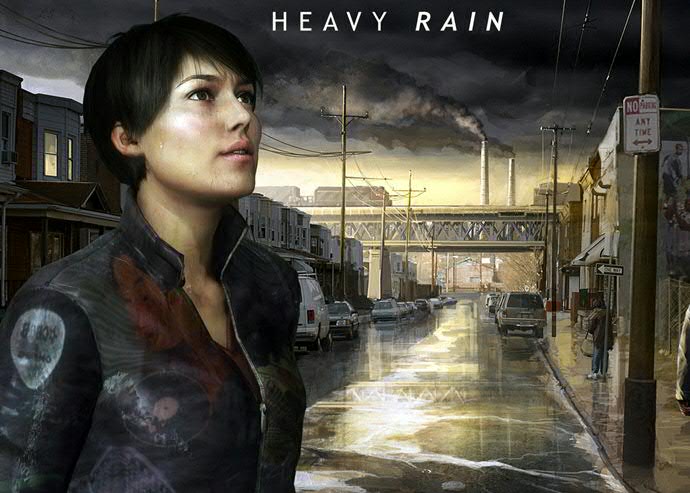Computer games give food for thought

Despite what we may think, computer games give gamers food for thought regarding the world, life and right and wrong. This is the conclusion of a study conducted by cultural scientist Jef Folkerts. ‘It seems that gamers undergo an artistic-emotional response when playing games more often than we thought. Without noticing, they form opinions about the events that take place in the games and stories, and are encouraged to think about the world around them,’ says Folkerts. He will defend his PhD thesis at the University of Groningen on 30 April.
Although games are primarily intended for pleasure, they can also be seen as a form of culture. They comment on the society in which they are designed: intentionally or not, the imagination of the designers is influenced by their own critique, which then seeps into the games. In turn, the games appeal to the imagination of the gamers, and possibly encourage them to think about society and social issues.
Artistic-emotional response
A lot of research has already been carried out into the effect of games on fanatical (and less fanatical) gamers. Most of the results play directly into the hands of the culture pessimists. Games make people aggressive or antisocial. At best, a game may give gamers an aesthetic experience, but it would never help them to understand the world around them. Folkerts, a gamer himself, wanted to get to the bottom of this experience. ‘When gamers are so immersed in their game that they forget everything that is going on around them, it is pure entrainment. I consider it to be artistic-emotional response when a gamer implicitly recognizes criticism in an event outside the ‘real world’, and feels compelled to think about the event in terms of his or her own world outside the game.’
More reflection when playing bloodthirsty games
Gamers confirm that the artistic character of their games lies in the design, and that it is all about the aesthetic experience. They would not swap the enjoyment aspect for more room for reflection on the world around them. However, it came as a surprise to Folkerts that gamers do not only enjoy the beauty of a game and the emotion it incites, but that the games also give them food for thought. Three-quarters of the more than two hundred gamers he interviewed said that the games made them think about the world, and forty percent did this because of the implicit social critique they encountered. ‘After studying the answers to my questions, I can only conclude that gamers are not as superficial as we assume. Strangely enough, the violent and bloodthirsty games appear to give more food for thought about events and situations in the real world,' says Folkerts. He continues: 'In this respect, games could be said to be a form of culture. My research might even persuade designers to take this into account when designing games.’
Curriculum Vitae
Jef Folkerts read Art and Arts Policy at the University of Groningen. He conducted his research at the Groningen Research Institute for the Study of Culture (ICOG), Faculty of Arts. Prof. B.P. van Heusden was his supervisor, and his thesis is entitled Spel tussen amusement en kunst - de verbeelding van cultuur in games (The Interplay between Entertainment and Art – Reflecting Culture in Games). Folkerts works as lecturer/researcher at Hanze University of Applied Sciences Groningen.
More information
Complete dissertation: http://hdl.handle.net/11370/52668e4f-1dea-4fe3-9bef-e2ad04da9f0a
Contact: Jef Folkerts, j.folkerts[at]pl.hanze.nl
More news
-
19 January 2026
Digitization can leave disadvantaged citizens in the lurch
-
13 January 2026
Doing good in complex situations
